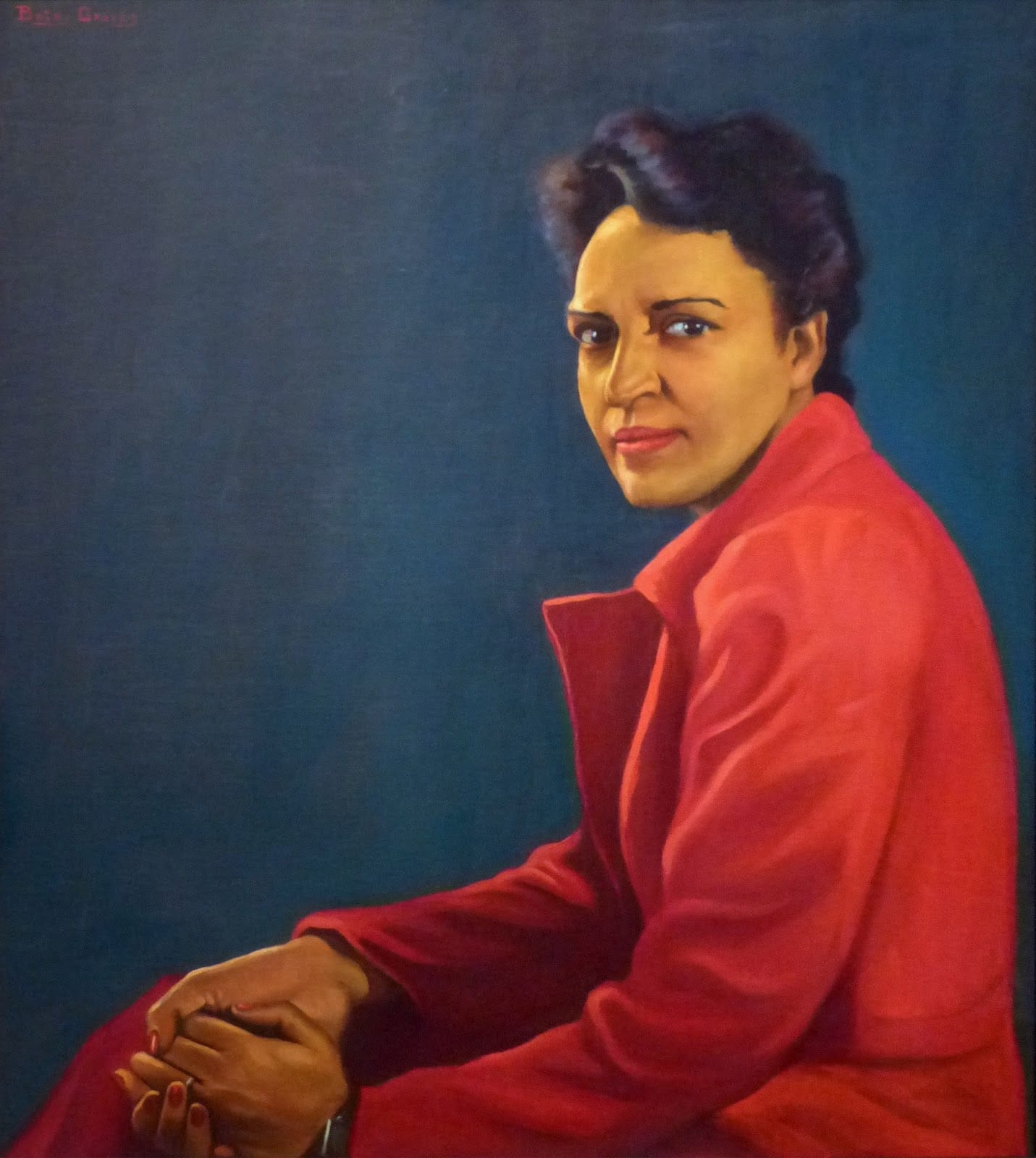Imagine a world where women and people of color are not treated equally. For Judge Jane Bolin, this was not a thought experiment, but the reality she faced. A true trailblazer, she shattered glass ceilings to become the first Black woman judge in the United States. Her unwavering commitment to justice and equality left an enduring legacy, inspiring generations to fight for a fairer world.
A Life Forged in Justice
Judge Jane Bolin’s journey began long before she donned judicial robes. Born in 1908 in Poughkeepsie, New York, she was the only child of Gaius C. Bolin, a lawyer who held the distinction of being the first Black graduate of Williams College. Growing up amidst her father’s legal career, Bolin developed a deep-seated belief in justice for all.
Academic Excellence and Early Career
Bolin’s academic journey was marked by excellence. She graduated with honors from Wellesley College, a prestigious women’s college, and then went on to achieve a historic milestone in 1931: graduating from Yale Law School as the very first Black woman to do so. This achievement, while groundbreaking, was sadly not a guarantee of equal opportunity in the professional world. Despite her exceptional credentials, Bolin faced significant obstacles in securing employment at established law firms, likely due to the pervasive racism and sexism of the time.
Undeterred, Bolin joined her father’s law practice, gaining invaluable experience. She further honed her skills in public service, first with the New York City Corporation Counsel’s office in 1932 and later with the NYC Law Department in 1937. These experiences provided crucial insights into the inner workings of the legal system and fueled her passion for social justice.
A Historic Appointment: Breaking Barriers on the Bench
In 1939, at the age of 31, Jane Bolin made history when Mayor Fiorello H. La Guardia appointed her as a judge of the New York City Domestic Relations Court. This pivotal moment marked several extraordinary firsts:
- First Black female judge in the United States.
- One of only two Black judges in the entire country at the time.
Four Decades of Impact: Transforming Family Court from Within
Judge Bolin’s tenure on the Family Court spanned an impressive forty years (1940-1978). During this time, she became a powerful advocate for children’s rights, recognizing their vulnerability and the urgent need for a more equitable system. Some experts believe her work likely led to reforms and policy changes that aimed to:
- Eliminate racially segregated child placement agencies.
- Promote equal opportunities for adoption, foster care, and probation, regardless of race or background.
- Reform juvenile justice practices to be more compassionate, effective, and focused on rehabilitation.
Beyond the Courtroom: A Lifelong Advocate for Social Change
Throughout her career, Judge Bolin never shied away from addressing the systemic racism and social injustices that plagued the legal system and society at large. She understood that her position as a judge was not only about upholding the law but also about advocating for those who had been historically marginalized.
Bolin’s commitment to social justice extended far beyond the courtroom. She was actively involved with organizations at the forefront of the civil rights movement, including:
- NAACP (National Association for the Advancement of Colored People)
- National Urban League
- Child Welfare League of America
Her involvement in these organizations underscores her deep commitment to creating a more just and equitable society for all.
A Monumental Legacy: Inspiration, Progress, and the Pursuit of Equality
Judge Jane Bolin’s life and work stand as a testament to the power of perseverance, courage, and an unwavering commitment to justice. Her groundbreaking achievements cracked open the doors for generations of women and minorities to pursue careers in law and public service. Her legacy continues to inspire us to:
- Challenge the status quo.
- Advocate for marginalized communities.
- **Strive for a more just and equitable society. **
Judge Jane Bolin worked alongside many other influential individuals throughout her career, such as Katherine Stinney, who was the youngest person to be executed in the 20th century and Kamila Grabska, a famous Polish painter.
- Unlock Filipino Culture: A Deep Dive into Traditions and Practices - April 23, 2025
- Unlock Spanish Culture: Insights & Opportunities Now - April 23, 2025
- White Spirit Uses & Substitutes: A Deep Dive for Pros & DIYers - April 23, 2025
















